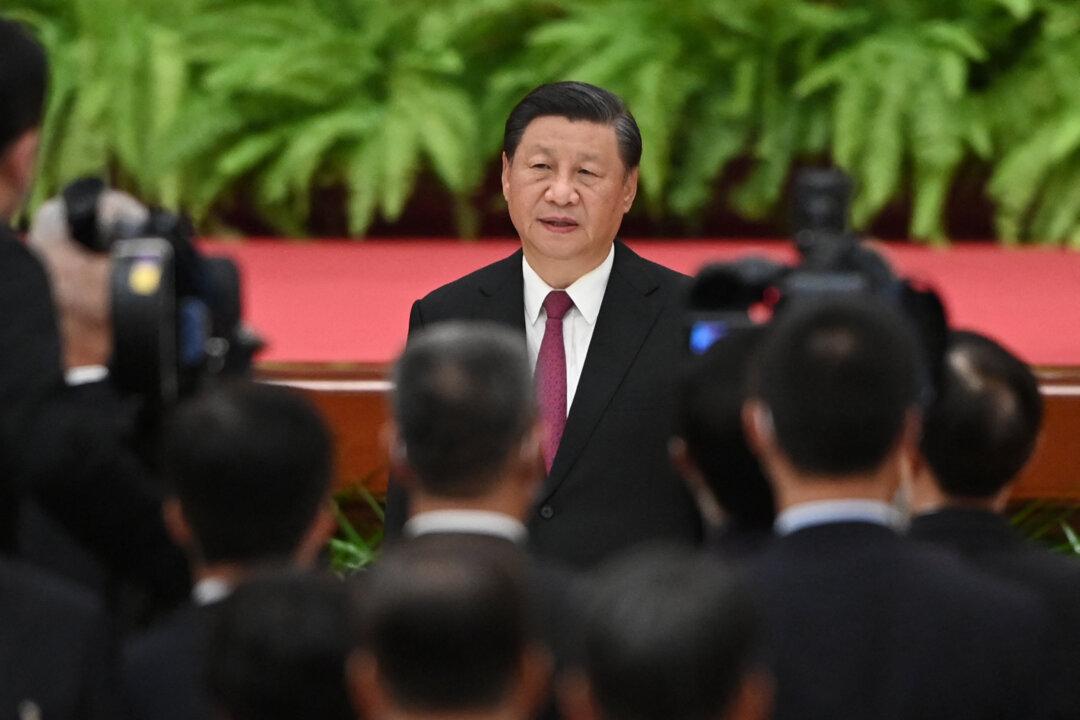Commentary
A great boxer can take a punch. In the rough and tumble of international politics, states and their leaders must be able to as well. It’s an open question whether China’s Xi Jinping could.

A great boxer can take a punch. In the rough and tumble of international politics, states and their leaders must be able to as well. It’s an open question whether China’s Xi Jinping could.